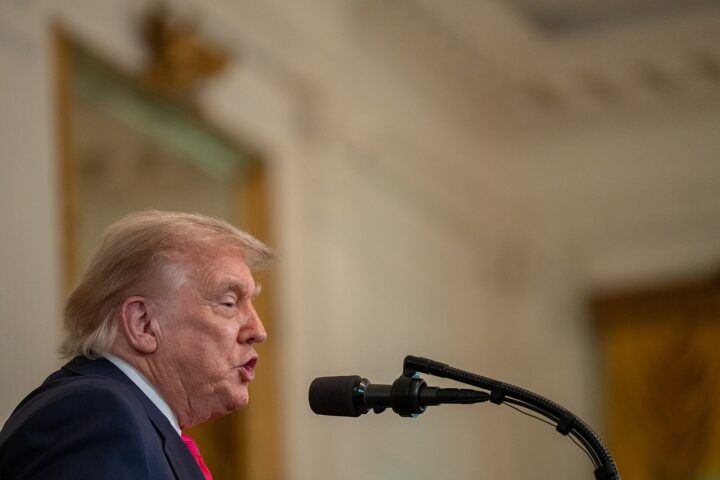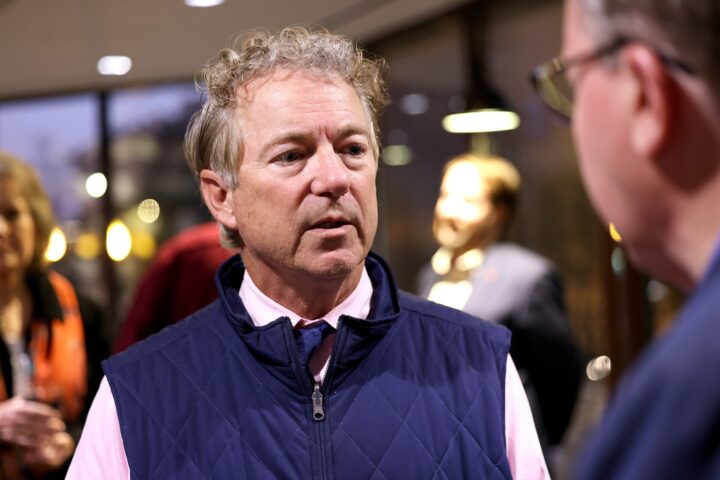Andrew Ross Sorkin, the longtime CNBC anchor and New York Times financial columnist, reportedly said Sunday he is increasingly “anxious” that Wall Street is barreling toward a crash reminiscent of 1929 — a warning that comes amid record-high stock prices, heavy investment in artificial intelligence, and an uncertain global economy.
Speaking on CBS’s 60 Minutes, Sorkin said that the soaring market valuations driven by AI and technology could be masking deep vulnerabilities in the broader economy. “I think it’s hard to say we’re not in a bubble of some sort,” he said. “The question always is, when is the bubble going to pop?”
Sorkin, who has covered the financial world for more than two decades, argued that the rapid expansion of the AI sector may be inflating markets beyond sustainable levels. “I would argue to you the economy is being propped up — almost artificially — by the artificial intelligence boom,” he said.
When correspondent Lesley Stahl asked whether he was frightened that the U.S. might be “plowing towards a collapse akin to 1929,” Sorkin did not hesitate. “I’m anxious,” he replied. “I’m anxious that we are at prices that may not feel sustainable. And what I don’t know is, we are either living through some kind of remarkable boom — and part of that is artificial intelligence and technology and all of that — or everything is overpriced.”
Stahl began to say, “Or we’re reliving—” before Sorkin finished her thought: “1929.”
The timing of his remarks was notable. Sorkin’s latest book, focusing on the events and lessons of the 1929 stock market crash, is set to be released this week.
His comments also arrive in a volatile year for the markets, with Wall Street attempting to navigate a combination of economic optimism and political uncertainty.
The three major indexes — the S&P 500, the Nasdaq, and the Dow Jones Industrial Average — have all gained between 7 and 15 percent since the beginning of 2025.
Yet markets have also swung dramatically in response to President Donald Trump’s trade policies.
In early April, the president’s announcement of his “Liberation Day” tariff plan sent stocks tumbling, before a strong rebound that pushed the indexes between 13 and 32 percent higher over the past six months.
On Friday, however, Wall Street endured another setback after Trump revealed plans to impose an additional 100 percent tariff on Chinese imports, on top of the 30 percent already in place, beginning November 1.
The president moved quickly to calm investors, saying over the weekend that the United States “wants to help” China avoid an economic depression and that a “full-blown trade war” was not on the table. Futures markets responded positively, rising Sunday night following his remarks.
For Sorkin, the broader picture remains uncertain. While investors have celebrated historic gains and a resurgent economy, he suggested that the euphoria may be masking fragility beneath the surface. “It will take a few years,” he said, “to know if this is a gold rush — or just a sugar rush.”
[READ MORE: Firings Begin As Result Of Shutdown]








